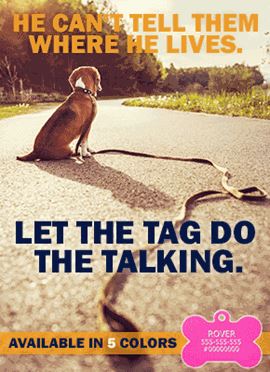
Pools, Chlorine, and Dogs: What You Should Know
Many people treat their dogs just like members of the family, but dogs are, of course, different from humans and come with their own safety needs. Swimming provides great exercise for dogs, and it’s a wonderful bonding activity as well. But there are steps you need to take as a pet owner to ensure that your dog stays safe.
As a responsible pet owner, here’s what you should know:
Chlorine and Its Effects
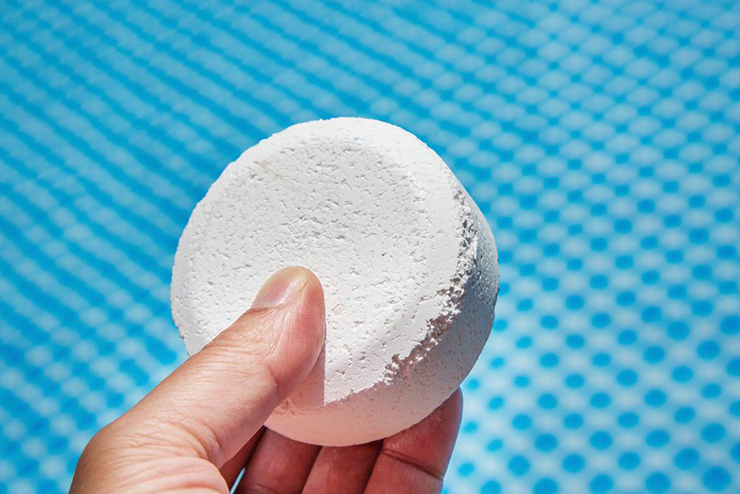
When chlorine is added to water, it gets broken down into hypochlorite ion and hypochlorous acid, and these chemicals break down the cell walls of microorganisms living in the water, oxidize them, and destroy what’s inside the cell walls.
If chlorine is not added to a pool, the pool will likely turn black or green over time as bacteria and algae begin to build up in the water.
It’s important to measure and keep track of a pool’s chlorine levels, since chlorine is ultimately the main thing standing between swimmers and dirty water.
Pool experts seem to throw around terms like total chlorine and free chlorine, and the different types can cause confusion for pool owners. (Don’t worry, I explain how chlorine and total chlorine are different from each other here).
These are three types of chlorine you should know about:
- Free Chlorine: This is what you test for in the pool water. Free chlorine sanitizes your swimming pool.
- Combined Chlorine: This is used up during the disinfection process of the water. When compared to free chlorine, its sanitizing ability reduces while it’s in the water.
- Total Chlorine: This chlorine is the sum of both combined chlorine and free chlorine.
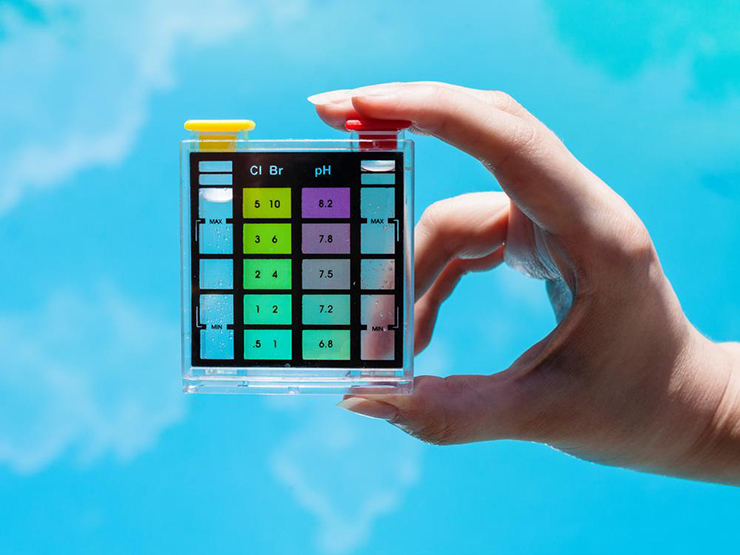
Before you add chlorine to your pool, you should know exactly how many gallons of water your pool holds. Next, you’ll want to find out just how much liquid chlorine should be added to the pool. For more information on how to safely add chlorine to the pool, check out this article from my blog, LoveBackyard.com.
Your pool should have one to three ppm (parts per million) of chlorine in it. Make sure you are aware of the products that you’ll be using.
Chlorine and Dogs
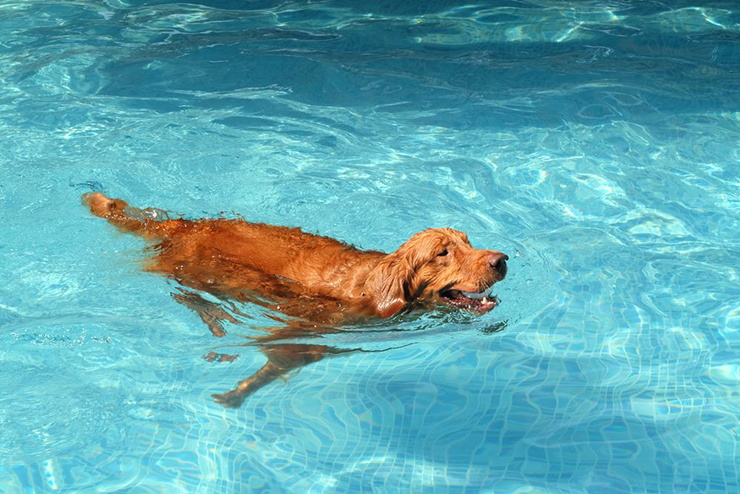
Watch out! Chlorine and the other pool chemicals can irritate the skin or eyes of a dog. The consumption of pool water can also lead to loose stools, vomiting, and even salt poisoning.
As a responsible pet owner, it’s up to you to monitor your dog closely when he or she is in the pool. If you catch your dog consuming pool water, remove the dog from the pool area. Also, keep an eye on your dog to ensure that sensitive areas—such as the ears, eyes, and nose—are not being agitated by the pool.
Tips to Keep In Mind When Taking Your Dog Poolside
So, before taking your dog poolside, keep the following tips in mind:
- Your dog knows how to swim, right? Well if he doesn’t, he should start with the kiddie pool. Make certain your dog knows how to swim before introducing him to water he can’t stand up in.
- Find a comfortable life vest which is both visible and effective.
- Give him obedience training. Obviously, “stay” and “sit” might not work in the pool, but “come” can work. Your puppy should come whenever you call him, and this should be especially true in the water.
- Be with your puppy always, and never leave him unsupervised. Your puppy might get tired or ingest some water. You should always be there to spring into the action.
- Make certain your dog can come out of the pool. He could be tired of being in water or swimming. If he doesn’t know where the exit is, chances are he’ll be in the pool until he gets exhausted.
Summer Safety Tips for Dogs
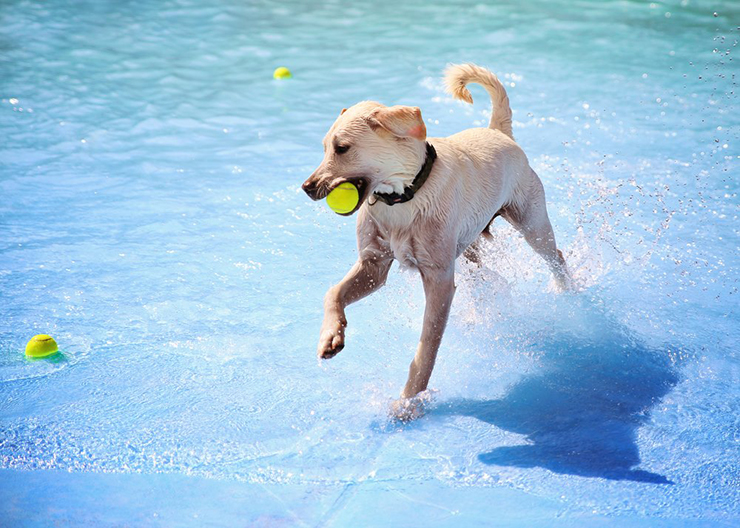
When you take your dog out on a hot sunny day, make sure you follow the below mentioned summer safety tips for dogs:
- Apply sunscreen lotion to your pup.
- Avoid heat strokes and dehydration.
- Provide your puppy plenty of shade and water.
- Avoid antifreeze.
- Keep your puppy’s paws cool.
And as usual, do not forget to talk to your veterinarian about the concerns or questions you have regarding your pets.










